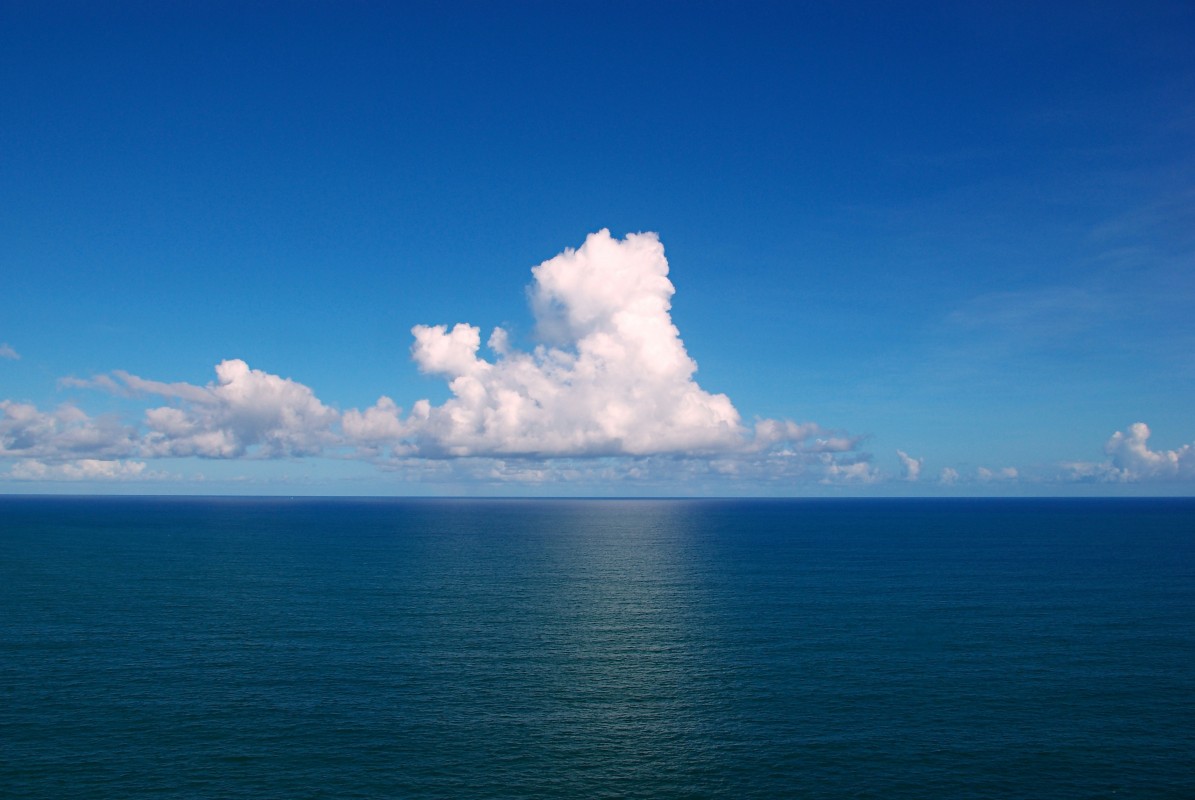 Last week, more than a hundred government officials, environmentalists, and business leaders gathered in California for the second annual World Oceans Summit.
Last week, more than a hundred government officials, environmentalists, and business leaders gathered in California for the second annual World Oceans Summit.
Their goal was to discuss the Herculean task of building a framework for protecting the world’s oceans from overfishing, pollution, and over-exploitation.
The Watery Web
Oceans cover nearly three-quarters of our planet. We don't realize it, but the oceans besides providing our planet with water - the critical resource for sustaining life, also regulate our climate and our weather.
Over one-third of the world’s population lives in coastal areas, and more than one billion people worldwide rely on food from the ocean as their primary source of protein. Many jobs and economies around the world depend on the marine resources in our oceans.
It follows then that when our oceans are in trouble, humans are in trouble too. The oceanic food web is critical to our source of food. However, many critical fish stocks have declined due to factors including overfishing. In many regions corals are dying, leaving bare skeletons of reefs that cannot support fish or protect coastlines.
Meanwhile, run-offs from land and harmful algal blooms are depleting oxygen from water and polluting ocean waters. Lack of oxygen is creating marine dead zones around the world where fish and other marine life cannot thrive. Toxins such as mercury and lead build up in the oceans and affect the marine food web, of which we humans are a part.
Oceans are also becoming littered with debris, threatening marine life and in some places concentrating in massive “garbage patches”.
Ocean Acidification
One of the crucial ways in which oceans support our Earth is by acting as a temperature regulator and a carbon sink. For a long time, it had puzzled scientists that the earth's temperature was not changing as fast as the amount of carbon dioxide we were putting into the atmosphere. They now figure that oceans absorb nearly 50% of all carbon released from the burning of fossil fuels.
However, absorbing carbon dioxide by the oceans is not without its consequence. When carbon reacts with water, it creates carbonic acid and free hydrogen ions. Excess hydrogen seeks to combine with more carbon molecules, thereby lowering the pH of the water and making it acidic. It also reduces the availability of carbon which would otherwise have been used by marine creatures. It is unclear how much oceans will be able to keep up with human carbon dioxide emissions.
Scientists and environmentalists are concerned that the health and sustainability of our oceans are deteriorating rapidly.
Critical Thinking: What are some of the things you would suggest we do to save our oceans?
Courtesy Economist, NOAA.gov







